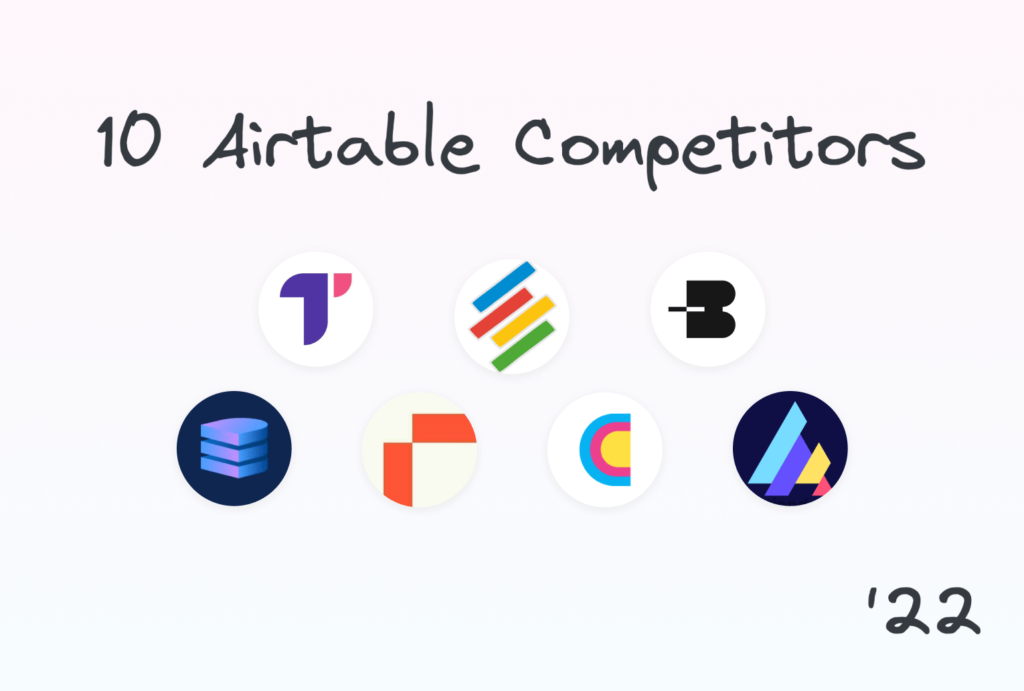
Google has significantly altered the functionality of its Keyword Planner. Recently, a change was implemented wherein users with a budget lower than a specified limit (which Google conveniently forgot to specify) will not receive accurate results. Instead, they will be presented with data ranges. This adjustment is not particularly beneficial, especially for users seeking optimal keywords for their ads. Some have argued that this modification from Google further favors larger companies with higher budgets for such tools, placing startups at a disadvantage. Hence, we’ve compiled a list of 7 alternatives to Google Keyword Planner that could prove invaluable:
1. Long Tail Pro
Long Tail Pro, a desktop application, is available for both Mac and Windows. It’s powerful, performing all functions of Google Keyword Planner, but faster. Long Tail Pro offers monthly or yearly payment options. A 10-day trial is available for $1, providing a full-featured experience and serving as the optimal alternative to Google Keyword Planner.
Users can create projects in the application, and each project can have numerous keywords. The application displays search volume and competition ratings for each keyword. Users can also view top Google results for keywords within the application. Overall, the application is worth trying and will aid in finding keywords for ad targeting.
Buy ($1 trial, $37/month monthly plan, $25/month annual plan)
2. SEMrush
SEMrush efficiently analyzes keywords and reveals top ones from competitors. It furnishes users with comprehensive keyword data, including search volume, results count, CPC distribution, and trends. Additionally, SEMrush offers related keywords with search volume data.
Accessing these tools is free upon signing up on the SEMrush website, with limitations on displayed related keywords. Nevertheless, the provided results remain valuable to users.
Utilize SEMrush (free, paid plans starting from $69.95/month).
3. SpyFu
SpyFu operates similarly to SEMrush but doesn’t require user registration. Data provided includes search volume (local and global), click-through rate, cost per click, and related keywords. The free version shows up to 5 related keywords, while registered users gain access to more.
Results feature top advertisers for the keyword and website rankings over time as a customizable graph, aiding in analyzing Google ranking trends.
Utilize SpyFu (free, paid plans start from $49)
4. Moz Pro
Moz presents various tools for free, albeit with limited functionality. However, the limited tools demonstrate that Moz Pro is excellent for keyword research and other purposes. Notable features include weekly keyword ranking tracking for the user’s website and competitors, and ranking comparisons across 200 countries.
Additionally, Keyword Tool Pro provides keyword research tools and enables users to assess critical web domains while offering site crawling services. Moz Pro offers extensive capabilities to enhance website SEO performance and improve rankings.

Utilize Moz Pro (free, with paid plans starting at $99)
5. Keyword Tool Pro
Keyword Tool Pro helps users discover relevant keywords for their website with high search volume and low competition. It surpasses Google’s Keyword Planner by unearthing more keywords, providing a broader selection. Utilizing Google Search’s autocomplete, it reveals hidden keywords often missed by Keyword Planner. Drawing from various sources such as YouTube, Bing, Amazon, and the App Store, users gain access to a diverse pool of keyword data.
The tool offers a free version for those wanting to try it before upgrading to Pro. However, the free trial only displays relevant keywords, hiding other data such as search volume and CPC. Nonetheless, there’s a 30-day money-back guarantee, ensuring a refund if dissatisfied within the first month.
Use Keyword Tool (free, paid plans start from $48/month)
6. Term Explorer
Term Explorer offers a suite of tools for various operations, including finding profitable keywords. The website allows up to 5 free keyword searches, after which users must sign up. Term Explorer retrieves requested keywords and provides relevant metrics: average monthly searches, cost per click, keyword difficulty index, and relevancy.
After users search for desired keywords, they can download the report as a CSV file or a White Label PDF. Term Explorer provides a bulk keyword tool for simultaneous keyword lookup. Users can sort results by search volume, cost per click, or PPC competition.
Term Explorer (free, paid plans start from $34)
7. Market Samurai
Market Samurai, available for both Windows and macOS, is a tool for keyword analysis. It offers a free trial, allowing users to test the app before committing to purchase. Market Samurai simplifies critical search engine marketing tasks, providing users with comprehensive market intelligence. Users can create projects to search for keywords and analyze relevant metrics such as total searches, average daily searches, and keyword trends.
While Market Samurai offers numerous features and functions effectively, its price tag of $97 may deter some users, especially considering alternative options.
Try Market Samurai (free trial, pro version at $97)
Explore These Keyword Planner Alternatives
While Google continuously updates its Keyword tool, users can switch to any of these 7 alternatives mentioned below. These tools match (if not surpass) Google Keyword Planner, offering additional features to aid users in their keyword research endeavors. So, next time you find yourself frustrated with Google Keyword Planner’s changes, consult this article and select one of the recommended alternatives.
What tools do you employ for keyword research? Are you satisfied with Google Keyword Planner, or have you transitioned to another tool for your needs? If you know of an exceptional keyword planning tool not covered in this article, share it with us in the comments.

Pritam Chopra is a seasoned IT professional and a passionate blogger hailing from the dynamic realm of technology. With an insatiable curiosity for all things tech-related, Pritam has dedicated himself to exploring and unraveling the intricacies of the digital world.



